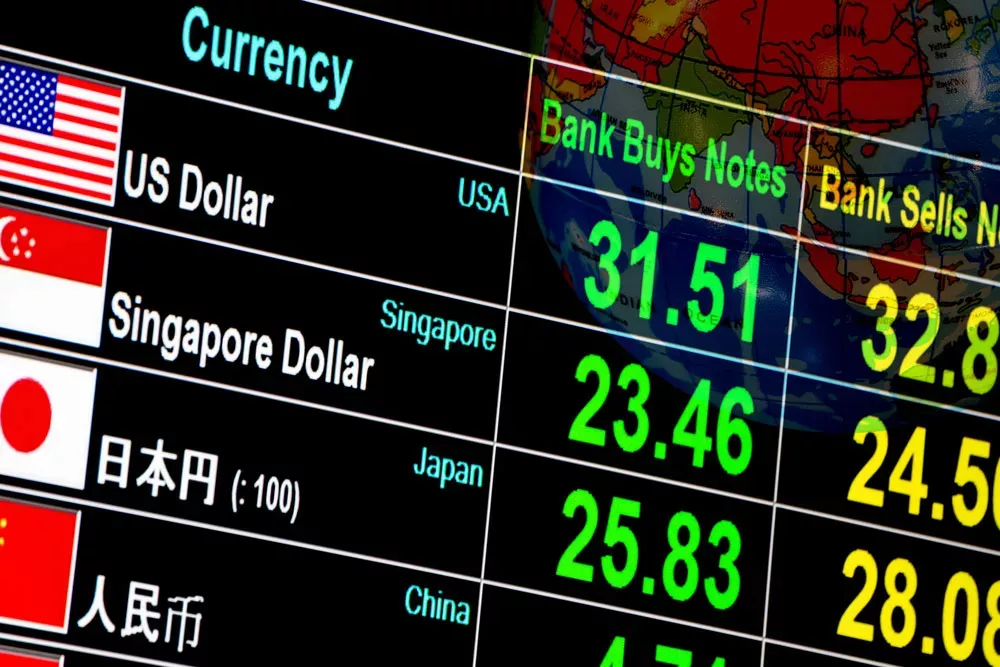Japan issued a strong warning on Thursday concerning the rapid depreciation of the yen against the U.S. dollar, emphasizing that it is prepared to explore all available measures to mitigate the potential repercussions on the economy.
Finance Minister Shunichi Suzuki voiced concerns after the yen plummeted to its lowest level in 34 years, breaching the 153 mark against the dollar. Suzuki stressed the importance of stable currency movements that reflect economic fundamentals, underscoring the government’s vigilant monitoring of yen fluctuations and the underlying factors with a sense of urgency.
“We are not solely focused on specific exchange rate levels like 152 or 153 yen per dollar but also on the broader context,” Suzuki stated during a press briefing. “We will take necessary actions to address excessive volatility, leaving no options off the table.”
Suzuki disclosed regular communication with Masato Kanda, Japan’s chief currency diplomat, regarding developments in the foreign exchange market. Kanda acknowledged the swift decline of the yen but refrained from commenting on whether daily fluctuations of 1 yen constitute excessive volatility warranting intervention.
The heightened verbal warnings followed renewed downward pressure on the yen against the dollar, fueled by robust U.S. inflation data that tempered expectations of imminent interest rate cuts by the Federal Reserve.
Speculation surrounding potential intervention by Japan surged, reminiscent of actions taken in 2022 when authorities intervened by purchasing yen to stem its decline against the dollar.
However, the immediate market response to the statements from the finance minister and vice finance minister was subdued. The dollar, which surged by more than 1 yen to 153.24 yen, was trading in the upper 152 yen range.
Suzuki acknowledged the dual implications of a weaker yen, citing potential benefits for Japanese exporters’ earnings abroad but expressing concerns about its impact on inflation amid rising living costs.
Japanese corporations anticipate the dollar to average 141.42 yen for the fiscal year ending March 2025, as per the latest Bank of Japan Tankan survey. The yen’s depreciation has contributed significantly to Japan’s elevated inflation, driven by increased import costs.
“While a weaker yen has supported some sectors, I remain mindful of its inflationary effects,” Suzuki stated during a parliamentary session.
Despite the Bank of Japan’s symbolic interest rate hike in March, the yen continues to face downward pressure.
“The yen has experienced significant movements since the start of the year,” Kanda remarked.
Some market analysts speculate that the sharp depreciation of the yen could prompt further interest rate hikes by the Bank of Japan.
Governor Kazuo Ueda reiterated that the central bank’s monetary policy is not aimed at controlling foreign exchange rates but emphasized readiness to respond if the yen’s movements pose significant economic and price stability risks.
The substantial interest rate differential between Japan and the United States has been cited as a key factor driving yen depreciation.
Although the Bank of Japan has shifted away from unconventional monetary easing measures, it plans to maintain accommodative financial conditions to achieve its 2 percent inflation target, supported by robust wage growth.
While a weak yen benefits Japanese exporters, it also exacerbates import costs, posing challenges for resource-scarce Japan.


